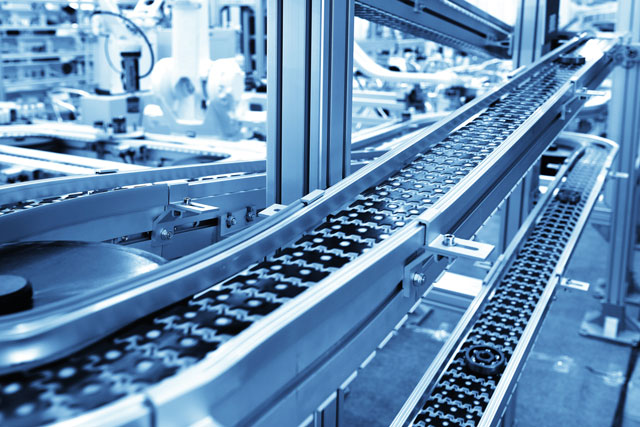
By embracing innovative technologies alongside sustainability goals, companies can accommodate market needs while reducing environmental impact and conserving resources, says David Cooper, Schneider Electric Europe and Africa CPG vice-president.
Sustainability is on the agenda of all manufacturing and process industries. Energy intensive industries understand they can no longer be indifferent about sustainability efforts, nor can they afford the operational cost of energy waste. The industry sector accounted for 37% of total global energy use in 2018, and industry accounted for 30% of all greenhouse gas emissions.
A company’s sustainability framework should focus on the social, environmental and economic impacts. Effective management of process efficiency and energy use is essential to establishing both credible sustainability and financial viability. Digital solutions can give insights for improving energy efficiency, provide tangible results and prove fundamental in accelerating sustainability.
Efficiency management and data use
The industrial sector’s energy mix has changed little since 2010, with fossil fuels still accounting for a huge 69% share. Digital transformation solutions are necessary to accelerate a return on investments in energy optimisation, and by implementing digital energy optimisation strategies companies can save a substantial amount in consumption and costs. Environmental and business benefits go hand in hand.
New Belgium Brewing, for example, reduced energy use and materials consumption through digitalisation with the application of Schneider Electric services. It implemented Schneider’s Aveva MES Performance and Intouch HMI, a visualisation software, and track and trace capabilities to increase its waste diversion rate, with the aim of reducing the environmental impact of its wastewater. The company now produces more than 600,000 barrels of beer annually with increased efficiency and sustainability, converts a methane-rich biogas byproduct into electricity and has the ability to track any product within 30 minutes.
Manufacturers are increasingly applying data and analytics to have a positive impact on the environment. The data from operations can provide real-time analysis of process efficiencies. By combining process operations data with data for the complete value chain, such as raw material and energy sourcing information and transport data, it is possible to build a picture of the sustainability of the complete value chain of an enterprise.
Connected IIoT as an enabler
In industry, energy consumption and equipment maintenance represent a large percentage of operating costs. This has remained an untapped opportunity for improving energy and operational efficiency.
Thanks to IIoT technology and the development of smart connected devices, manufacturers can prioritise resource efficiency projects alongside productivity goals. It is said that 20% of equipment causes 80% of the failures; 40% of production losses with an environment impact are attributed to preventable operator error. New technologies such as autonomous operations can improve a company’s sustainability and reduce production downtime through better predictability of plant operations and elimination of human error.
Producing high-performance materials at Saint-Gobain’s plants, for example, requires significant amounts of power. Through partnering with Schneider Electric, Saint-Gobain has been able to centralise and standardise energy procurement, track consumption and spending, and gather the energy data necessary to optimise and actively manage consumption. The company has achieved savings worth millions of dollars and reduced energy consumption. Digital innovations like these are proving that green growth is possible.
Eco-efficiency through smart technology
By embracing innovative technologies alongside achievable sustainability goals, companies can easily accommodate business and market needs while also reducing climate change impact, conserving energy and resources, and safeguarding the natural environment. According to BloombergNEF, industrial digitisation supports corporate sustainability, promotes decarbonisation and circularity, reduces material waste, prolongs equipment lifetime and enables better emissions monitoring. The solutions that Schneider Electric provide aim to mitigate, adapt, and improve humanity’s resilience to climate change and sustainability by driving digital transformation and efficiencies.
Technology plays a critical role in improving the visibility and management of power, fuel and equipment utilisation in industry. This in turn drives efficiency and safety, lowers operating costs, and improves an industrial enterprise’s sustainability outlook. The industrial world can no longer be ignored where sustainability is concerned – it must recognise the role of technology in the sector in meeting the climate challenges of today and tomorrow.
For more information, visit Industries of the Future at www.se.com/ww/en/work/campaign/industries-of-the-future/
email smartfood@se.com

